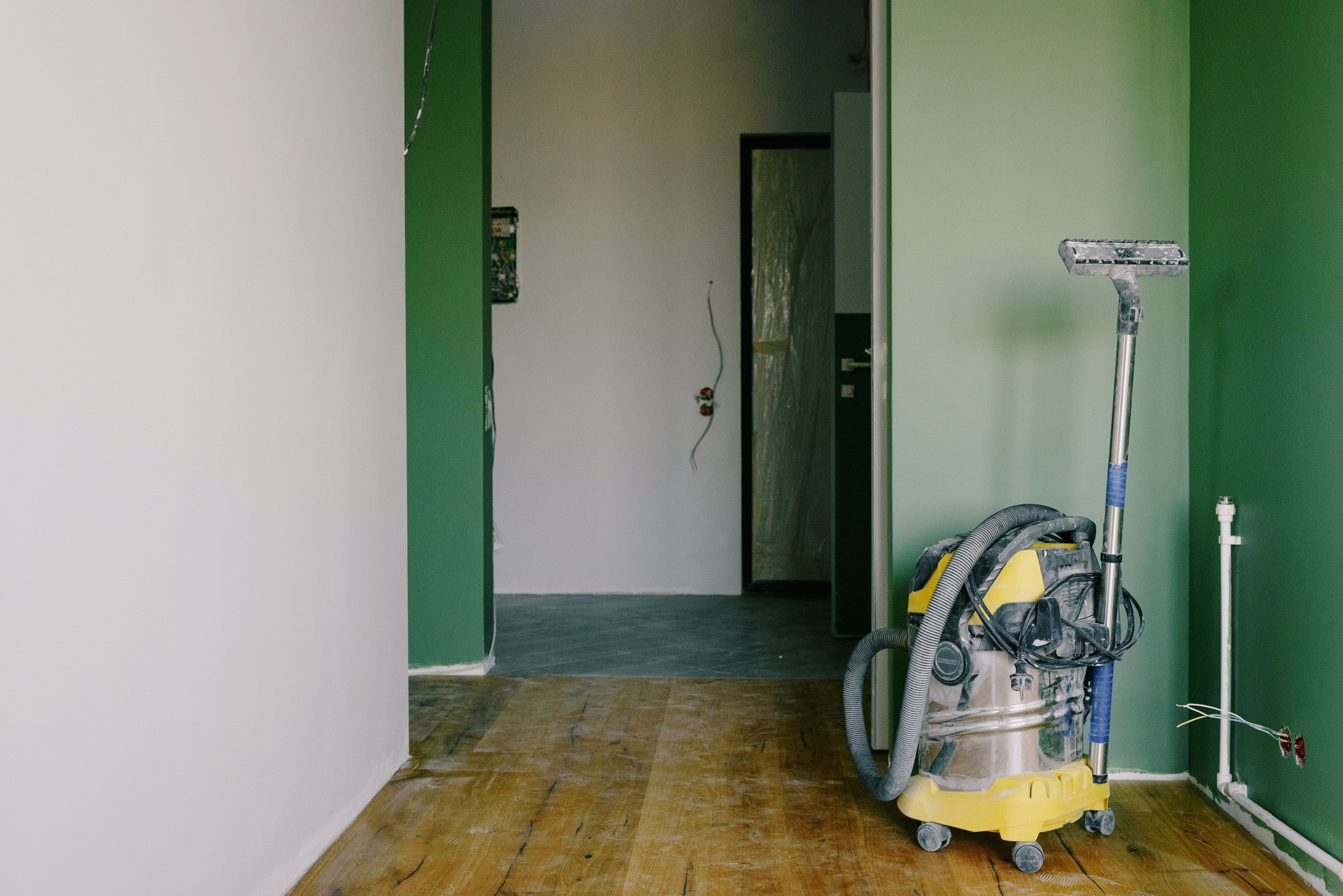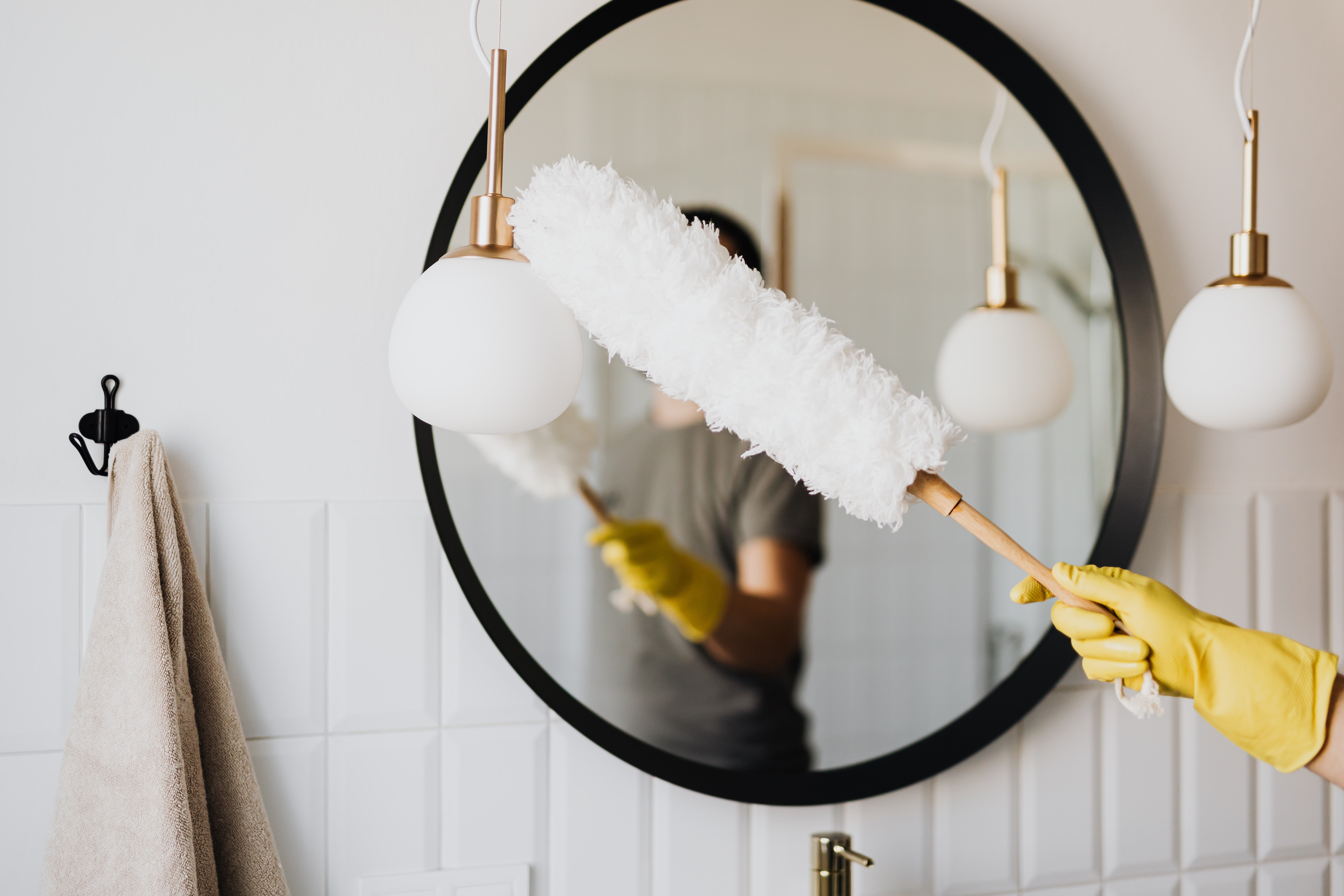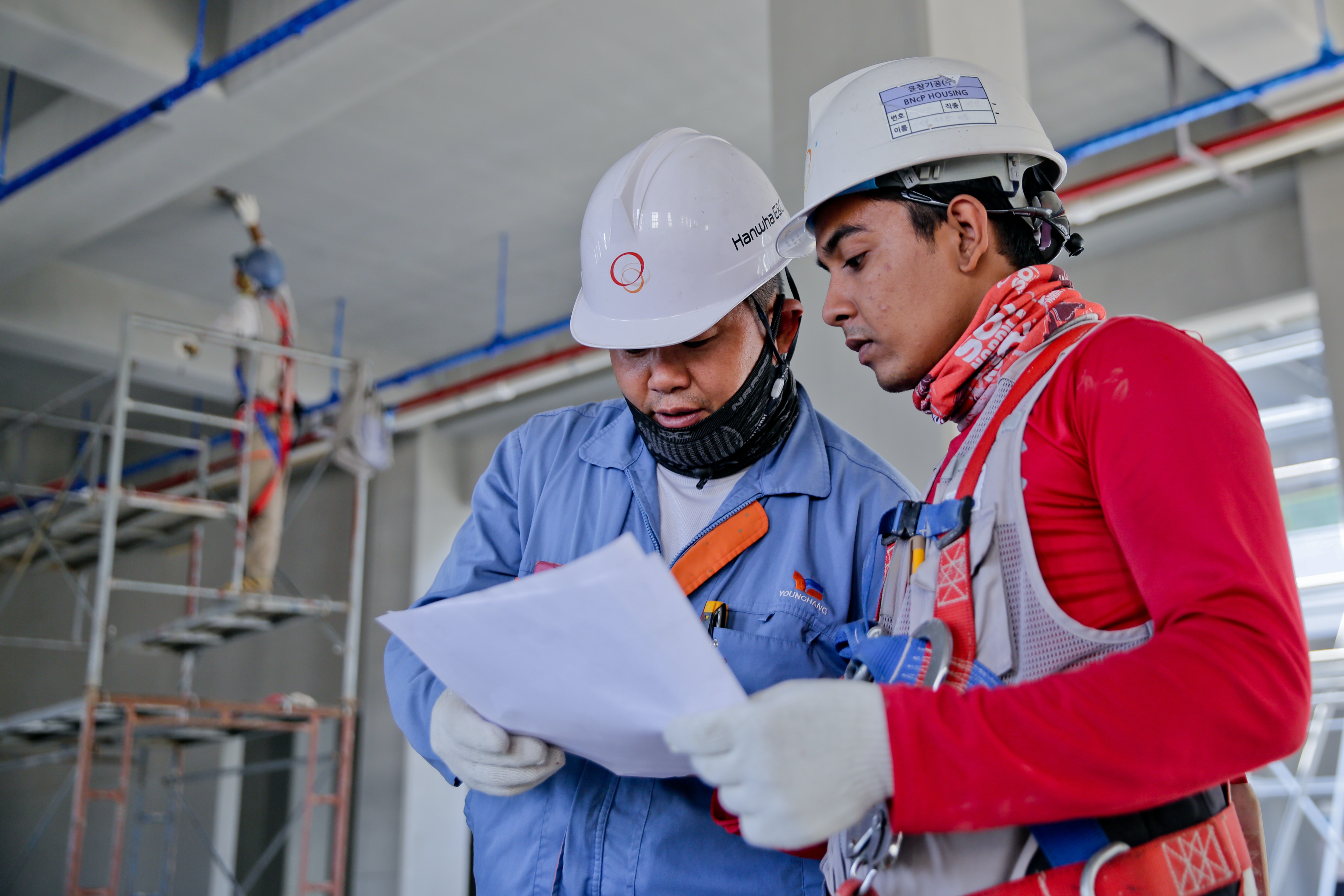Just bought your first condo? These fire prevention tips will help keep it safe!
Home Fire Prevention Tips
Smoke Alarms
The first tip for preventing a condo fire is catching the fire before it starts, which begins with having smoke alarms.
Installing smoke alarms in your condo is essential for safety.
Make sure you have multiple smoke alarms in your condo in different areas to catch smoke as it’s beginning.
If you are alerted that a fire is about to start, you can put it out and save yourself from disaster.
Additionally, make sure you’re frequently testing your smoke alarms and changing out the batteries annually.
Be Aware of Heat Sources
Knowing your heat sources and keeping them clear is another major preventative measure you can take in your condo.
This may seem obvious, but it’s very easy to leave flammable items too close to sources of heat, leading to fires.
Space heaters, ovens, electrical outlets, and radiators should all be considered when you’re thinking about the heat sources in your condo.
Leaving curtains, dishtowels, clothes, or paper too close to one of these heat sources for prolonged periods of time is a big risk and can lead to fire.
Make sure you’re mindful of how you set up your condo to prevent a fire accident.
Monitor Open Flames
Whether you’re a smoker or a lover of candles, any time you’re lighting a match or using a lighter in your condo, you’re taking on a risk.
Be extremely careful and consider habits that may seem safe if monitored actively, but can lead to danger over time.
If you like to have candles going constantly, odds are one day you may leave to run an errand with that candle still lit. If you smoke inside your condo, there’s a chance you may fall asleep while smoking one night. These may be extreme cases, but you can lower these odds significantly by reducing habits that involve flames inside your condo.
If you are a smoker, smoke outside. If you like candles, make sure you’re using them infrequently in well ventilated areas.
Do Routine Safety Checks
Your condo has a number of heating and electrical components you depend on for your day to day activities.
If not checked over time, all of these systems can malfunction and create risk.
In addition to smoke alarms, make sure you’re conducting routine maintenance on all of the utilities in your condo.
Check electrical wiring and outlets to make sure everything is covered and isn’t overloaded. Set a carbon monoxide alarm and have routine maintenance checks on your furnace or other heat sources. Get rid of old papers and junk that you don’t need.
This will keep your space clean and safe from unnecessary flammable materials.
These are just a few tips to keep your condo safe from fires. We recommend visiting fire safety resources such as the American Red Cross and the Chicago Fire Department for continuing education on this subject!
Looking for a Chicago condo? Luxury Living Chicago Realty can help find the right condo for you. Connect with a Luxury Living broker today to start your search!












